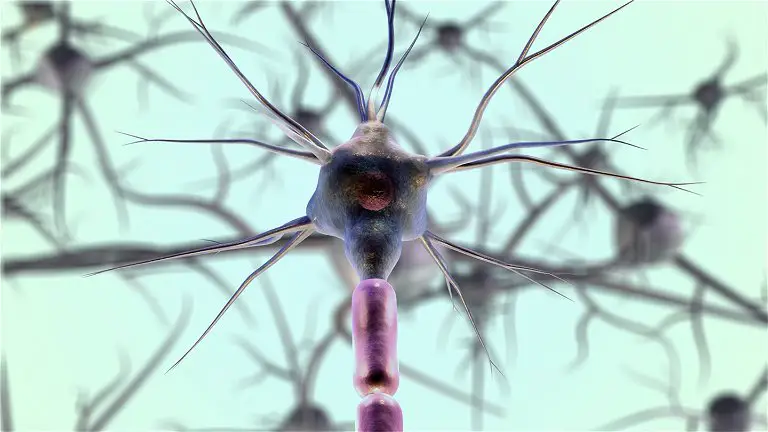
A Barcelona-based startup called Inbrain Neuroelectronics has developed a brain chip made of graphene capable of collecting brain information and stimulating the organ simultaneously, which holds promise for patients with neurodegenerative diseases, such as Parkinson’s. He hasn’t tested it on any humans yet, but he plans to do so soon. The big difference between the device and other brain chips is its composition using graphene, which gives it better performance.
Why graphene is important
The Spanish company has created a brain-computer interface (BCI) technology. This means that the chip is capable of collecting data from the brain and sending it to a computer to be studied. However, he also plans to use the chip to stimulate the brain. In this way, it would fulfill two functions: collect data and perform stimulation, something that would help treat neurodegenerative diseases, a great example being Parkinson’s.
Many BCI chips are made of metal, which is problematic as these elements cause faradaic reactions. This is an electrochemical process that occurs when a metal electrode and an electrolulite solution come into contact, which reduces the efficiency of brain chips, since neural tissue is largely made up of aqueous electrolytes.
That’s why Inbrain changed the metal to graphene. Graphene is not a metal, but comes from carbon, but simultaneously it is an excellent conductor of electricity, which eliminates faradaic reactions from the equation, resulting in a much better device.
The chip has not yet been tested in brain stimulation, but testing is expected to begin soon. One of its main applications will be to treat neurodegenerative diseases, evaluating the patient’s situation and making it possible to stimulate their brain to improve their condition.
Brain chips are already a reality. Apart from the Inbrain Neurolectronics device, in the United States last January Neuranlink implanted a chip that allows its patient to control computers or play video games; in fact, it drastically improved their competitive performance.

Comments